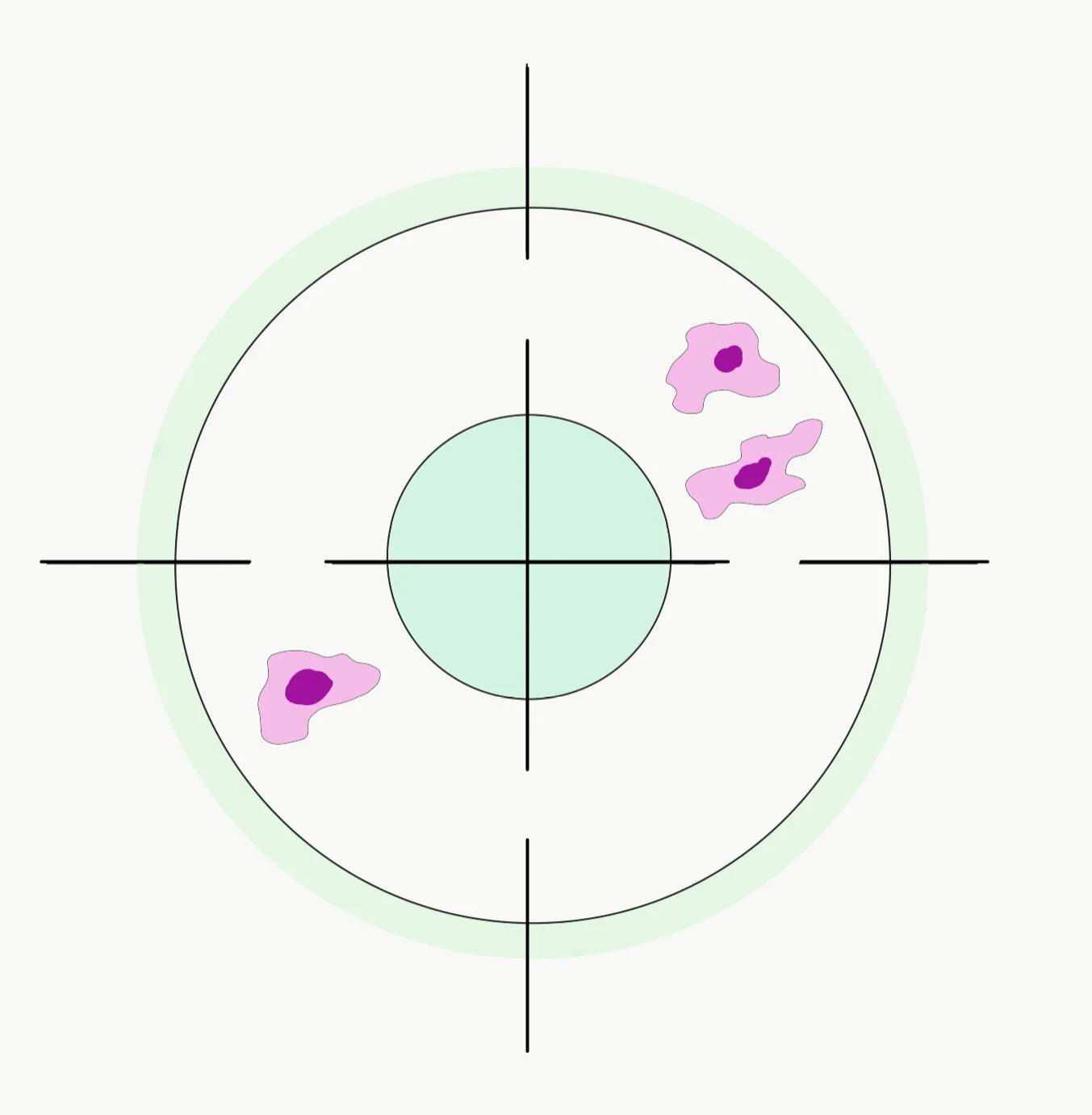Immunotherapy
This article gives a basic introduction to immunotherapy for cancer patients.
The immune system is the body’s way of fighting infection and disease. Part of the immune system’s function is to detect and destroy abnormal cells to stop or reduce the growth of cancerous cells. There are even specific immune cells that can be found in and around cancerous tumors, called tumor-infiltrating lymphocytes or TILs for short. These TILs indicate that the immune system is actively trying to fight the tumor, and cancer patients with TILs in their tumors tend to have a better prognosis than those that do not. However, cancer can be tricky, and many cancers have been known to develop methods to evade the immune system, making it harder for the body to destroy them. Some of these evasion methods include genetic changes, having proteins on the surface of the cancer cells that can “turn off” the immune cell response, and some cancers even change the normal cells around the tumor growth so that these normal cells prevent the immune system from effectively responding to the tumor. The goal of immunotherapy is to help the patient’s immune system to better target cancerous growths. There are several types of immunotherapies including immune checkpoint inhibitors, T-cell transfer therapy, monoclonal antibodies, vaccines, and immune system modulators. The immune system has innate “checkpoints” to help regulate it and keep immune responses from being too strong and damaging healthy tissues and cells. Immune checkpoint inhibitors are drugs that will block these checkpoints, which allows the immune cells to respond more aggressively to the cancer. T-cells are a type of white blood cell that is a part of the immune system, and their purpose is to help protect the body from infection and fight cancer. T-cell transfer therapy is when T-cells are taken from the tumor, and those that are deemed most active against the tumor are isolated, grown in large batches, and then re-introduced to the body, effectively selecting for immune cells with a more aggressive anti-cancer response. Monoclonal antibodies are specific immune system proteins that are made to bind to specific targets on cancer cells. One way these can work is by “marking” cancer cells so that they will be easier for the immune system to recognize and destroy them. Vaccines and immune system modulators work by boosting the immune systems anti-cancer response.1
References
1. Immunotherapy for Cancer. https://www.cancer.gov/about-cancer/treatment/types/immunotherapy (accessed Apr 20, 2021).

